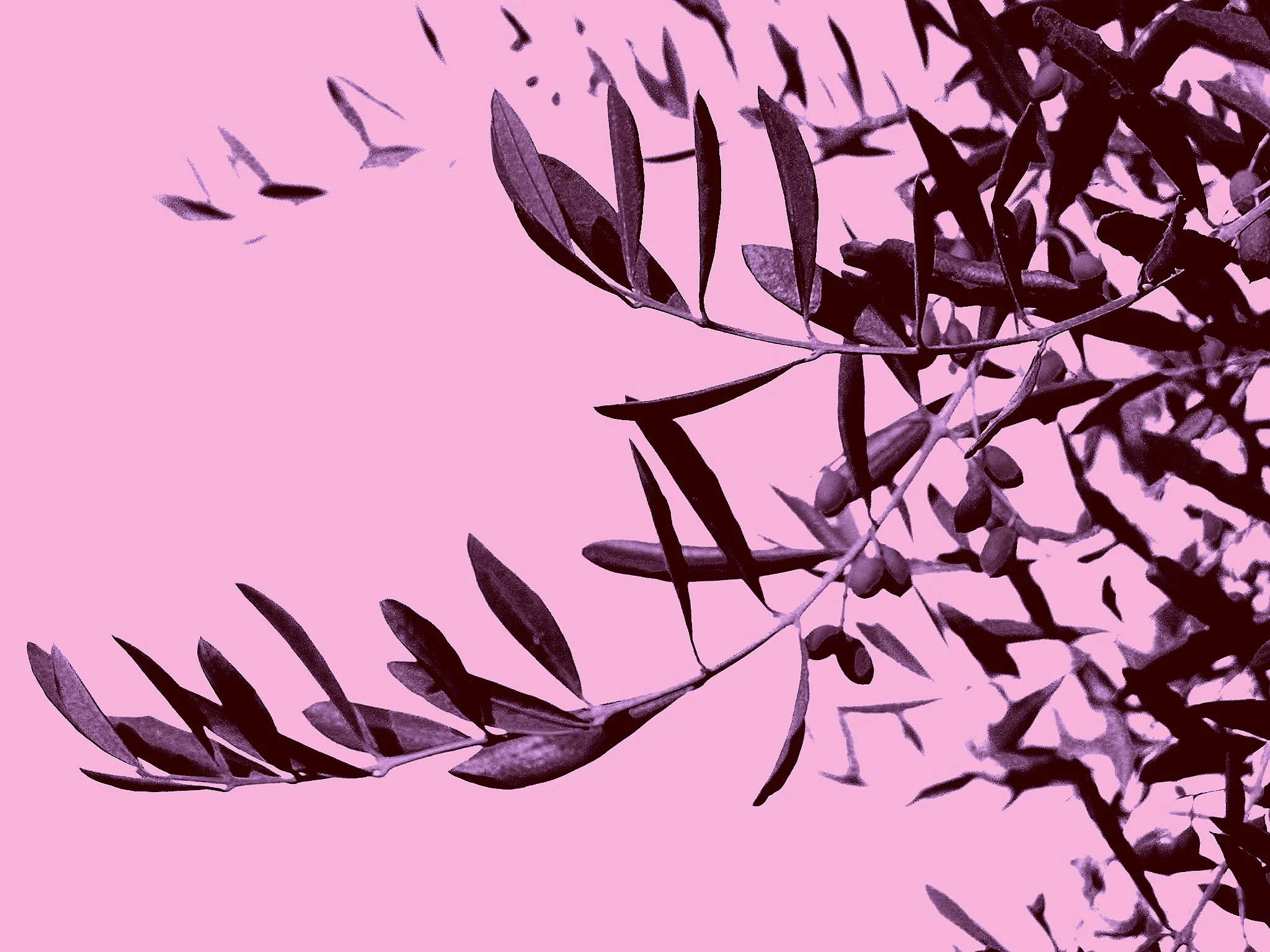Ghassan Hage
We are better than you,
We,
Lovers of Palestine,
We are better than you.
We do not instrumentalise our holy scripture to rob people of their houses,
We are better than you.
We don’t pollute the noble history of victimhood of our ancestors,
and use it to treat people like shit,
We are better than you.
We do not like thieving, exploiting, aggressive, fascistic, violent states,
We are better than you.
We who grieve the dead as human beings, not as superior ethno-national subjects,
we are better than you.
We who do not feel pain at the sight of a suffering child according to where the child comes from,
we are better than you.
We who have refused to master indifference in the face of injustice and genocide,
We are better than you.
We who do not love ourselves by hating others,
we are better than you.
We who acknowledge that we can be better than we are and work on ourselves to be so,
We are better than you.
We who recognise that history is full of injustices that we need to acknowledge,
and where possible rectify,
rather than ignore, hide and deny,
we are better than you.
We are
We are more loving, we are more caring,
we are more sensitive, we are more receptive
and we are more perceptive,
There are only two reasons why, we might die suffocating in your self-serving, hating, thieving, blind with narrow and short-sighted self-interest, world.
You are better financed and you are better armed.
But we are better than you.
Dr. Ghassan Hage is professor of anthropology and social theory at the University of Melbourne, Australia and a senior research fellow at the Max Planck Institute of Social Anthropology in Halle, Germany. He is internationally renowned for his research on migration, on the intersection of racism, nationalism and colonialism, and for his development of critical anthropological theory. Along with the works re-published in The Racial Politics of Australian Multiculturalism (2023), Hage’s sole-authored books include: Alter-Politics: Critical Anthropology and the Radical Imagination (2015), Is Racism an Environmental Threat? (2017) and The Diasporic Condition: Ethnographic Explorations of the Lebanese in the World (2021).
Alt Text: Olive branches with a few olives reach across a pink sky.
